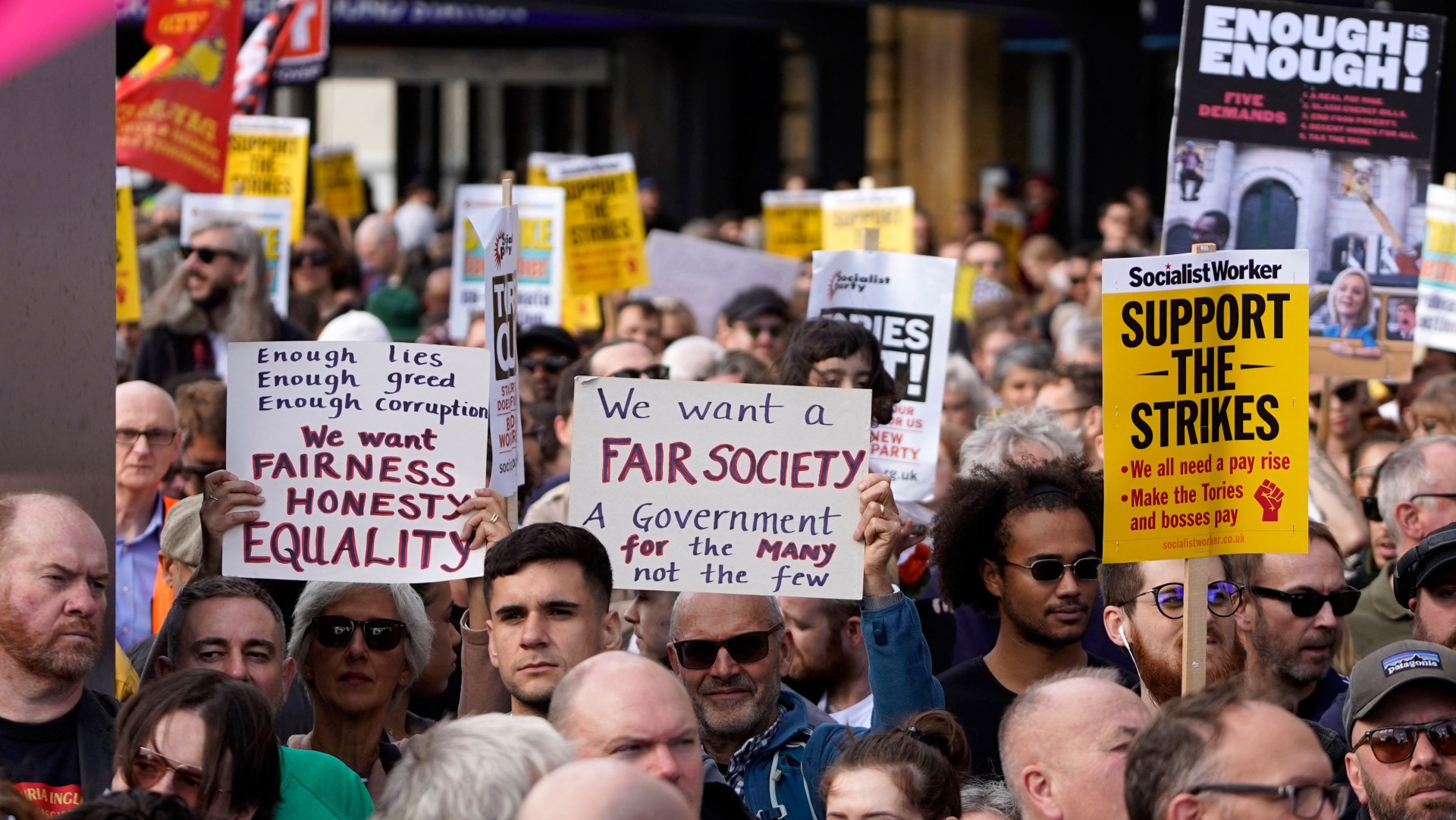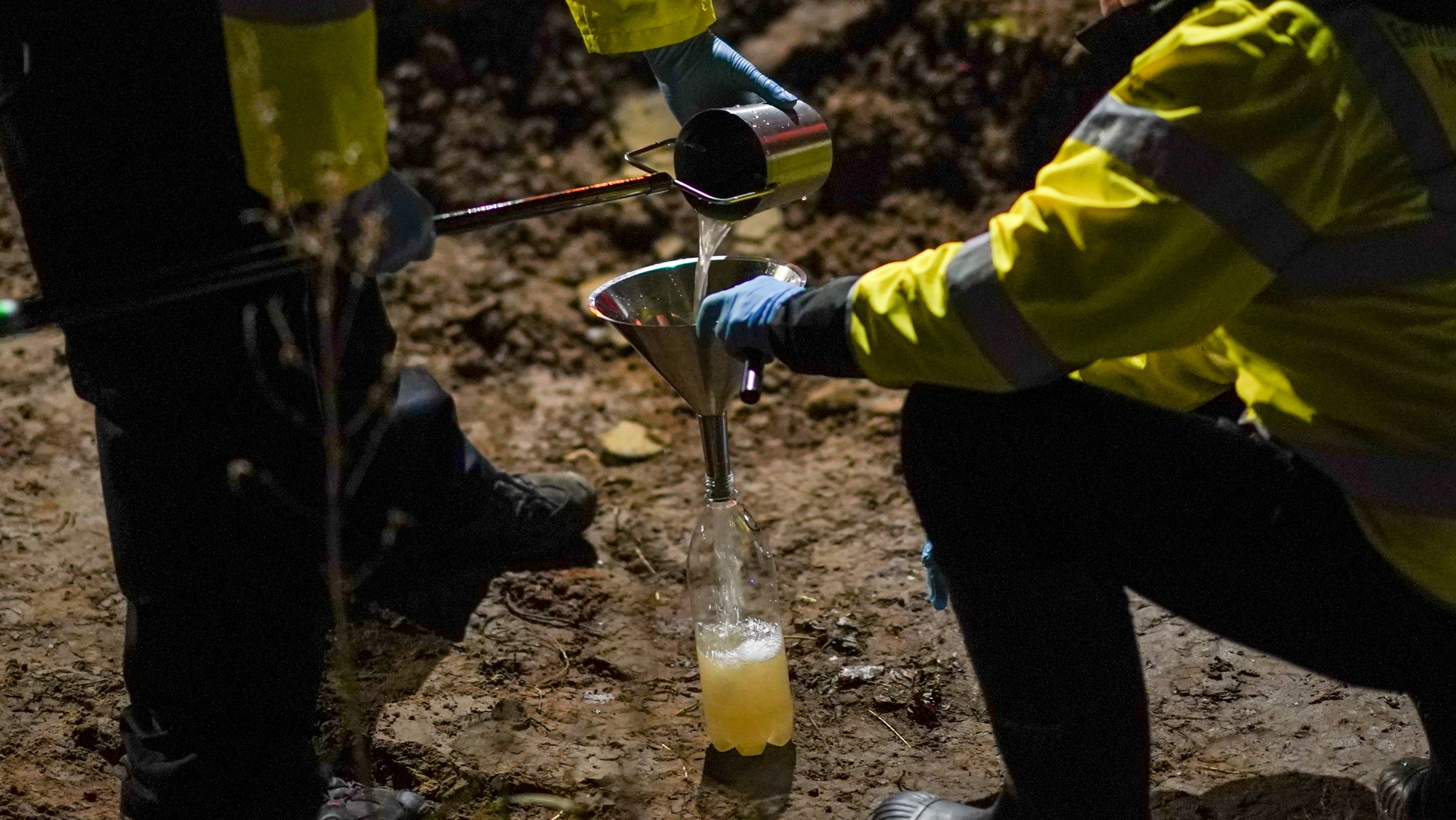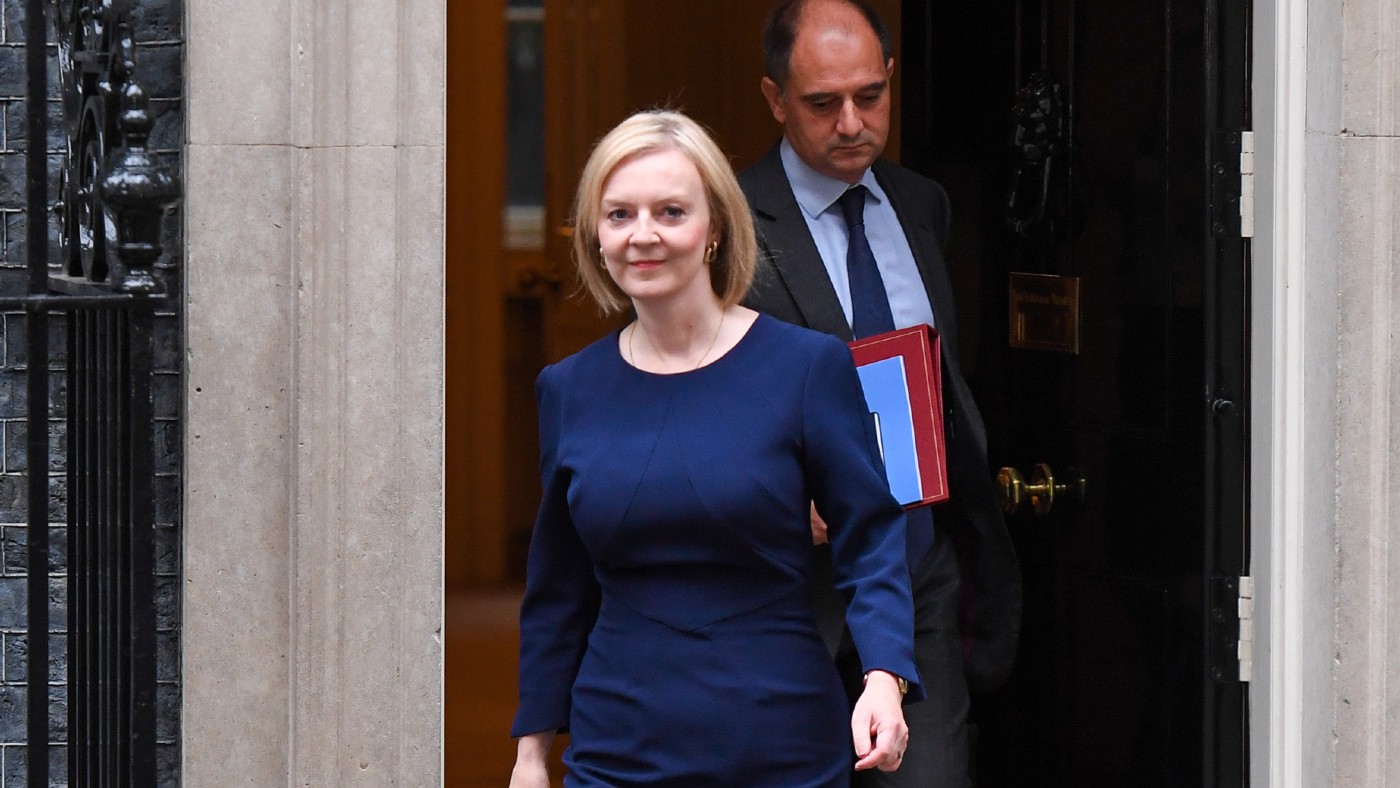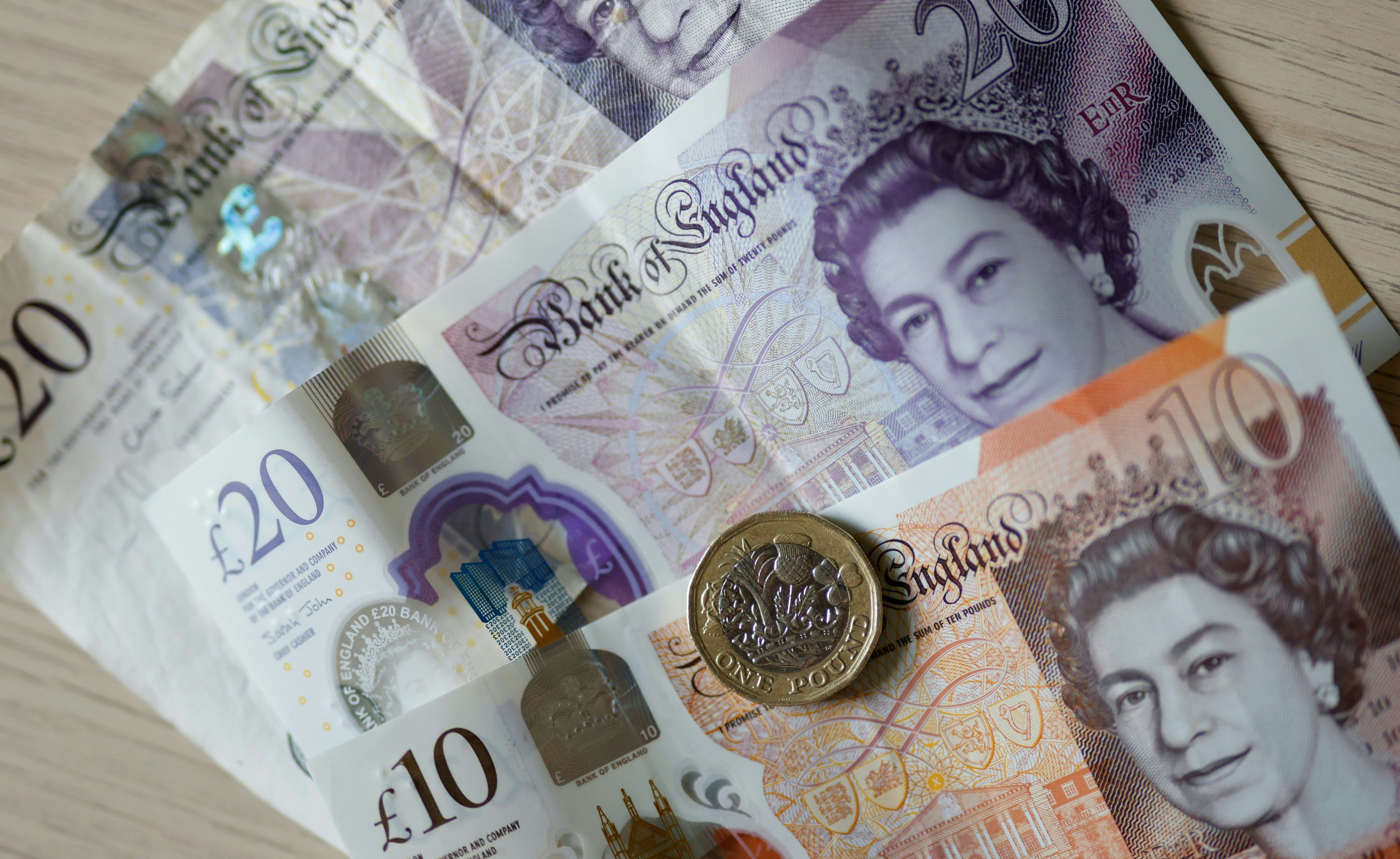How the government-backed interest-free loans work
Expanding scheme offers up to £2,000 for those in financial need

A free daily email with the biggest news stories of the day – and the best features from TheWeek.com
You are now subscribed
Your newsletter sign-up was successful
A government-backed scheme that offers interest-free loans to the financially vulnerable is to expand to reach up to 20,000 people across the UK.
The no-interest loan scheme (Nils), which is backed by the Treasury, underwent a successful trial in Manchester and other areas, explained Metro, and from September it will be rolled out in other parts of the UK.
John Glen, economic secretary to the Treasury, told the Association of British Credit Unions last month that Nils “is a fundamental, worthwhile new initiative” for people currently “beyond the lending capacity of some credit unions”.
The Week
Escape your echo chamber. Get the facts behind the news, plus analysis from multiple perspectives.

Sign up for The Week's Free Newsletters
From our morning news briefing to a weekly Good News Newsletter, get the best of The Week delivered directly to your inbox.
From our morning news briefing to a weekly Good News Newsletter, get the best of The Week delivered directly to your inbox.
How does it work?
With this scheme, you only pay back what you’ve borrowed – unlike other loans where interest charges mean you pay back more, explained The Sun.
From September, the pilot scheme will be expanded to other regions of the UK for a two-year period. A decision will then be made on whether it should be expanded further.
Successful applicants are only allowed to have one loan with the programme, which they can have for between six and 18 months, said The Guardian, with the average length of time being 12 months. Borrowers can access between £100 and £2,000. The average amount borrowed is £500.
How is it funded?
Chancellor Rishi Sunak announced the pilot as an alternative to high-cost credit in the March 2021 Budget, promising that the government would provide £3.8m of the funding towards it. Although it is backed by the Treasury, it is run by credit unions and lenders.
A free daily email with the biggest news stories of the day – and the best features from TheWeek.com
The devolved administrations of Wales, Scotland and Northern Ireland have each provided £1m of lending capital, which has been matched in England by Fair4All Finance, a not-for-profit company that runs the programme. JPMorgan Chase also committed £1.2m to the scheme earlier this year.
Fair4All Finance was founded by the government three years ago to “increase access to fair financial products and services to help people in vulnerable circumstances meet their day to day financial needs, absorb shocks and smooth incomes”.
Its website notes that more than 3 million people access high-cost credit in the UK and more than 11.5 million people have less than £100 in savings. It said the loans had helped people who were “managing life events like ill health, relationship breakdowns and bereavements” by “getting them back on their feet through being able to furnish their house or finance a return to work”.
-
 Health insurance: Premiums soar as ACA subsidies end
Health insurance: Premiums soar as ACA subsidies endFeature 1.4 million people have dropped coverage
-
 Anthropic: AI triggers the ‘SaaSpocalypse’
Anthropic: AI triggers the ‘SaaSpocalypse’Feature A grim reaper for software services?
-
 NIH director Bhattacharya tapped as acting CDC head
NIH director Bhattacharya tapped as acting CDC headSpeed Read Jay Bhattacharya, a critic of the CDC’s Covid-19 response, will now lead the Centers for Disease Control and Prevention
-
 Is $140,000 the real poverty line?
Is $140,000 the real poverty line?Feature Financial hardship is wearing Americans down, and the break-even point for many families keeps rising
-
 Withdrawing benefits: 'war on work shy' or 'matter of fairness'?
Withdrawing benefits: 'war on work shy' or 'matter of fairness'?Talking Point Jeremy Hunt to boost minimum wage while cracking down on claimants who refuse to look for work
-
 Is it time for Britons to accept they are poorer?
Is it time for Britons to accept they are poorer?Today's Big Question Remark from Bank of England’s Huw Pill condemned as ‘tin-eared’
-
 Should benefits rise with inflation?
Should benefits rise with inflation?Talking Point Liz Truss reportedly preparing to break predecessor’s promise as insiders warn move would be ‘politically unstainable’
-
 Water bill discounts: the customers due to save money
Water bill discounts: the customers due to save moneyfeature Watchdog orders Thames Water and Southern Water among others to repay millions to customers for missing targets
-
 What happens if the UK’s credit rating is downgraded?
What happens if the UK’s credit rating is downgraded?feature Credit agency Moody’s joins IMF in criticising the Truss government’s fiscal plans
-
 What the National Insurance reversal means for you
What the National Insurance reversal means for youfeature Britain’s poorest households will gain just 63p a month from the back-pedal over tax rise
-
 The cost-of-living support available from government
The cost-of-living support available from governmentfeature Downing Street says no further measures will be rolled out before new PM is in place